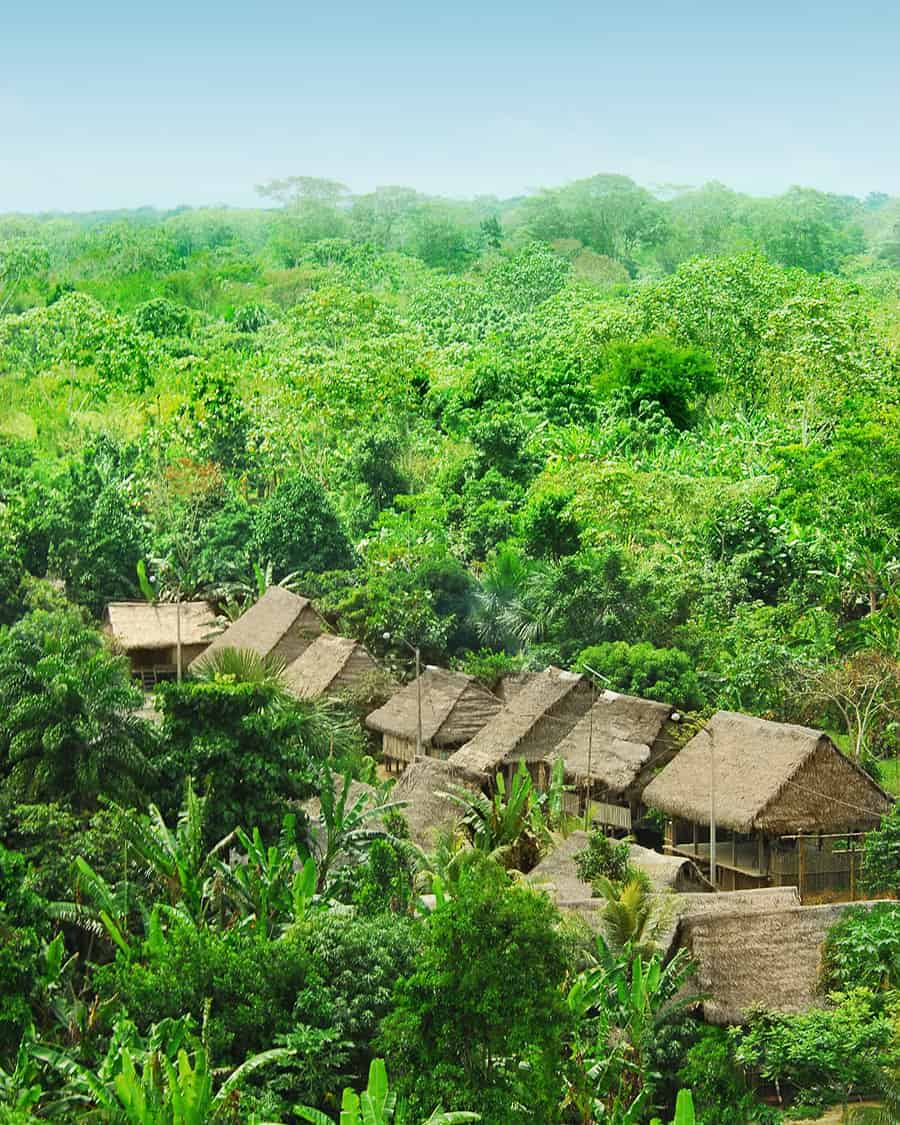
Climate change’s most devastating effects will reach the people dwelling in nature first — indigenous people. Even a half degree increase in the planet’s temperature would spell disaster for frontline communities. It is, therefore, obvious that indigenous activists are the fiercest fighters for climate reform. Despite their activism and work, their voices are continually excluded from climate conservation negotiations. The most highly anticipated climate change conference of 2021, the COP26, held by the UN, saw the absence of about 2/3rds of the civil society organizations that usually attend it. This is due to a combination of reasons — COVID protocols, visa issues and travel rules. The majority of those absent were from the poorer countries and the global south, which is disproportionately affected by climate change. At the COP26, it was announced that 1.7 billion dollarswere to be allotted to local communities and indigenous peoples for their efforts and role in climate conservation and protection of nature. And yet, across the river Clyde, indigenous delegates assembled to remember all the activists who had been murdered for their conservation work. According to the international non-profit Global Witness, approximately 1,005 environmental activists have been killed since the Paris accords, which were held six years ago. Despite the dangerous and monumental odds,indigenous activists have not given up, and continue to make their voice heard. According to Ruth Miller, a Dena’ina Athabaskan and Ashkenazi Russian Jewish woman, and a member of the Curyung tribe, “It’s a testament of our resilience that even after hundreds of years of colonization and betrayal that we indigenous communities are still willing to sacrifice our lives, health and energy for this last-ditch attempt to save the planet. We’re here offering sustainable solutions to the rest of the world that require an ideological shift, not a green industry built on colonialism and repression. It’s up to them if they listen or not.” She is also the climate justice director of the Alaska-based Native Movement.
10 Jan 2022
Prishita Das